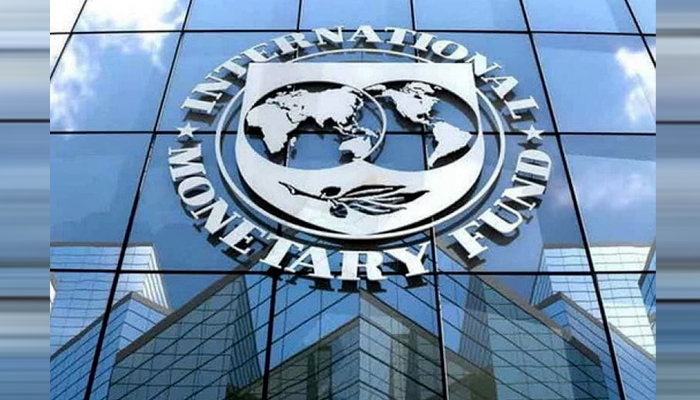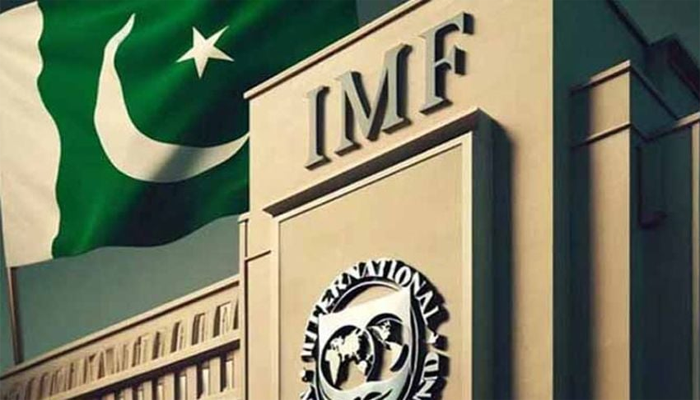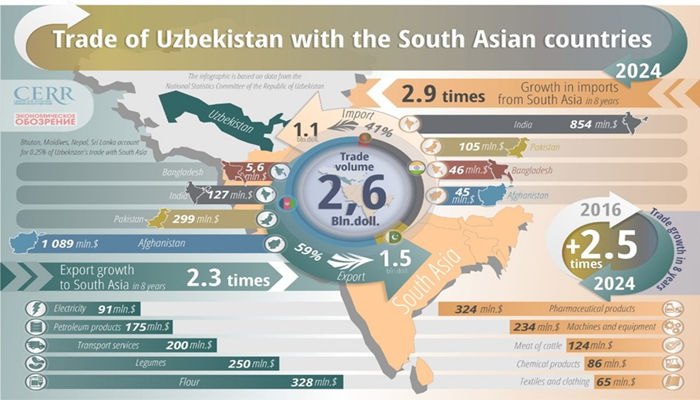ISLAMABAD: The International Monetary Fund (IMF) has zeroed in on a narrower set of demands for Pakistan’s upcoming budget, with a sharp focus on new tax measures and restructuring the National Finance Commission (NFC) award. The shift comes as the government faces severe fiscal constraints, leaving little room to ease the burden on the salaried class and the real estate sector.
In its latest discussions, the IMF urged Pakistani authorities to rely on its technical guidance rather than arguments based on domestic ground realities or economic theories like the Laffer Curve. According to sources, IMF officials expressed concern over the government’s reasoning that high tax rates lead to lower revenues, a position the Fund found unconvincing.
The salaried class, which has already contributed a record Rs437 billion in income taxes in just 10 months—Rs150 billion more than last year—is at the heart of current budget talks. A proposal by the Federal Board of Revenue (FBR) to raise the annual tax exemption threshold from Rs600,000 to Rs1.2 million came under IMF scrutiny, with officials questioning the actual fiscal impact of the relief.
In a kick-off meeting with Finance Minister Muhammad Aurangzeb on Thursday, IMF Mission Chief Nathan Porter outlined four key focus areas:
Revenue generation to support the Rs14.3 trillion tax target,
Rebalancing fiscal resource distribution under the NFC,
Downsizing the government for savings, and
Advancing the privatisation agenda in the next fiscal year.
The IMF also showed interest in Pakistan’s plan to adjust provincial resource allocation, particularly with respect to defence spending. A recent cabinet proposal sought to shift 50% of additional defence costs to provinces, citing India’s aggressive posture.
Initial virtual talks began from Turkey on Wednesday, with the IMF delegation expected in Islamabad next week for final negotiations, concluding on May 23.
As discussions intensify, the IMF has made it clear that it expects tax reforms and expenditure control—not political arguments—to shape Pakistan’s next fiscal roadmap.









